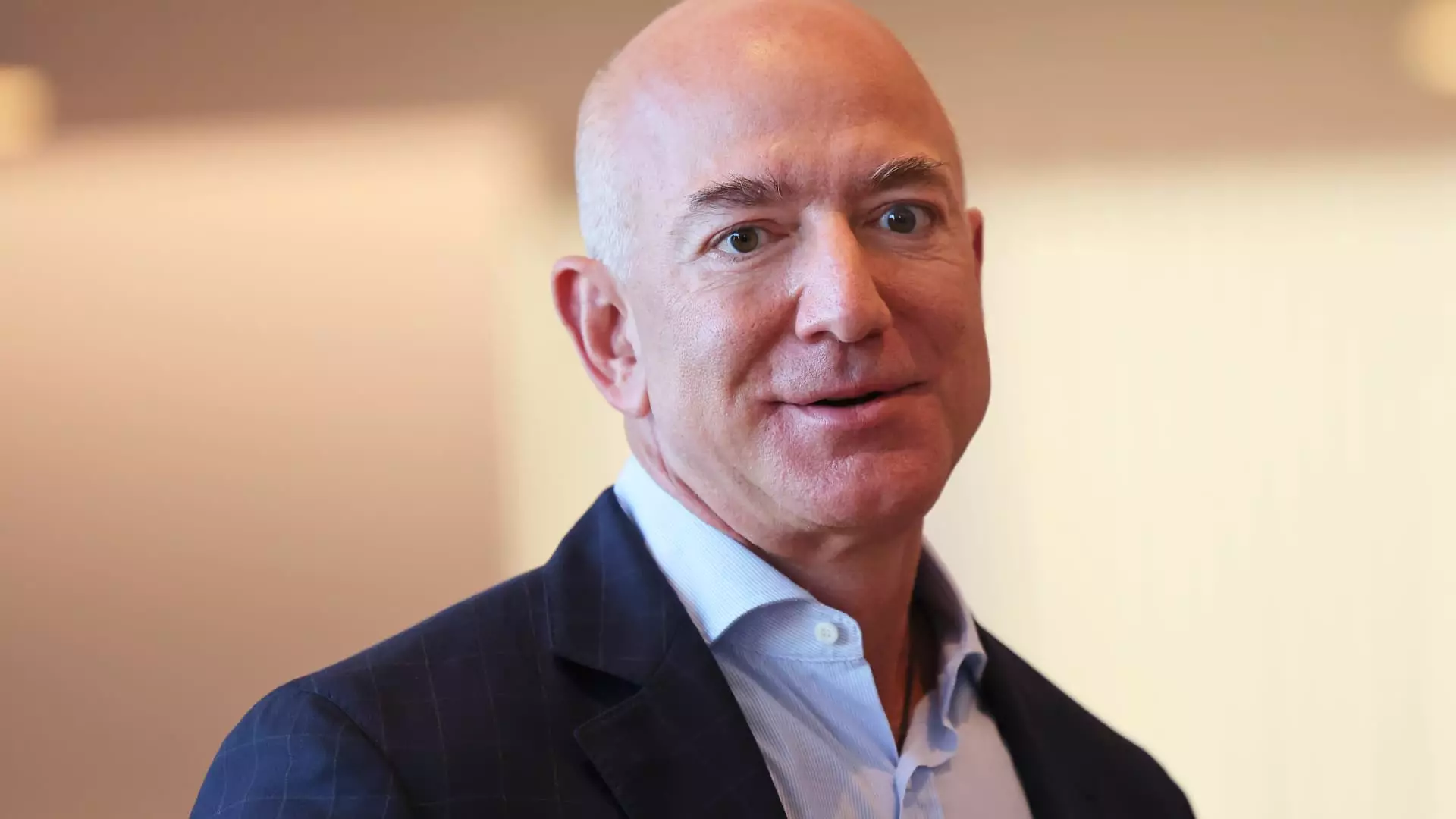In a pivotal move reflecting the tumultuous relationship that exists between the media and the American public, Jeff Bezos, the owner of the Washington Post, announced a significant editorial shift: the newspaper will no longer endorse candidates in presidential elections. This decision comes in the wake of growing skepticism about the media’s integrity and impartiality. By taking this step, Bezos hopes to mend the fraying fabric of trust and credibility that has become a hallmark of contemporary journalism. With dwindling subscriber numbers and resignations on the editorial board, it is evident that the implications of this change extend far beyond mere editorial policy; it signals a broader reckoning with the media’s role in society.
Bezos articulated his belief that presidential endorsements have minimal impact on undecided voters and often amplify perceptions of bias. “No undecided voters in Pennsylvania are going to say, ‘I’m going with Newspaper A’s endorsement.’ None,” he stated, suggesting that endorsements may, in fact, detract from the publication’s credibility. By abolishing this practice, the Post aims to bolster its image as an independent entity untainted by political favoritism. This assertion raises critical questions about the responsibilities media outlets have towards their audience and the implications of perceived bias in reporting. As trust in institutions declines—Gallup recently reported that media ranks lowest among civic institutions—media organizations must take proactive steps to restore their relationship with the public.
While Bezos’s op-ed aimed to justify the decision, it also exposed rifts within the Post’s editorial team. The immediate aftermath of the announcement saw three members of the editorial board resigning from their posts, indicating a significant internal backlash. Their departure indicates that the decision was not universally welcomed and raises questions about the future direction of the editorial team. Moreover, the loss of over 200,000 digital subscribers following the announcement must serve as a wake-up call: even long-established newspapers face existential threats in maintaining relevance and credibility in a digital world dominated by fragmented views and misinformation.
Bezos’s statement regarding the perception of bias highlights a recurring issue that is plaguing the media landscape. If a significant portion of the public views journalism as inherently partisan, the effort needed to regain trust will be monumental. The decision to cease endorsements is a calculated response to this distrust, yet it poses its own challenges; will this move be sufficient to convince skeptics that the Post is committed to impartial reporting? This strategic shift is not merely about distancing itself from political endorsements but also about actively engaging with the public’s desire for authenticity and accuracy.
The situation is further complicated by Bezos mentioning a meeting between a CEO from Amazon’s Blue Origin and former President Trump, which critics may interpret as a conflict of interest. Despite his insistence that the two events are unrelated, public perceptions may not shift easily. This situation underscores the challenges media owners face in navigating their business interests while maintaining journalistic independence. For the Washington Post, it is crucial to effectively communicate the boundaries between business operations and news reporting, ensuring the public recognizes a distinct separation intended to preserve journalistic objectivity.
Ultimately, the Washington Post’s renunciation of candidate endorsements can be seen both as a courageous attempt to address a trust deficit in journalism and a response to industry-wide pressures. As the news landscape continues to evolve, it will be essential for such outlets to adopt practices that prioritize transparency and foster public confidence. Encouragingly, Bezos embraces the reality that “something we are doing is clearly not working,” hinting at his recognition of the need for an evolution in media practices. The success of this direction remains to be seen, but a collective effort towards re-establishing trust could ultimately redefine journalism’s role in a rapidly changing political and social environment.


Leave a Reply